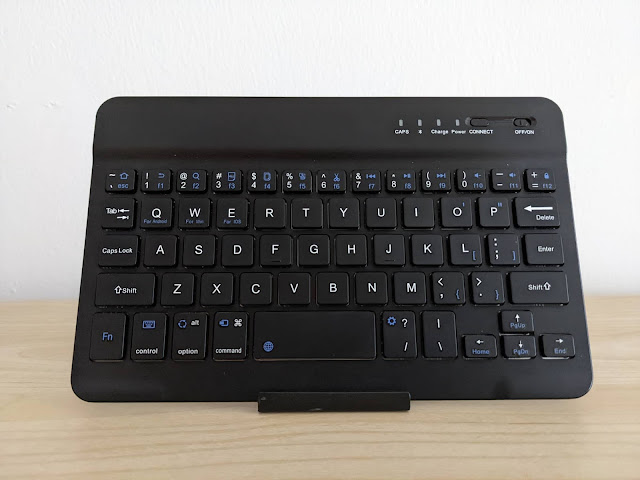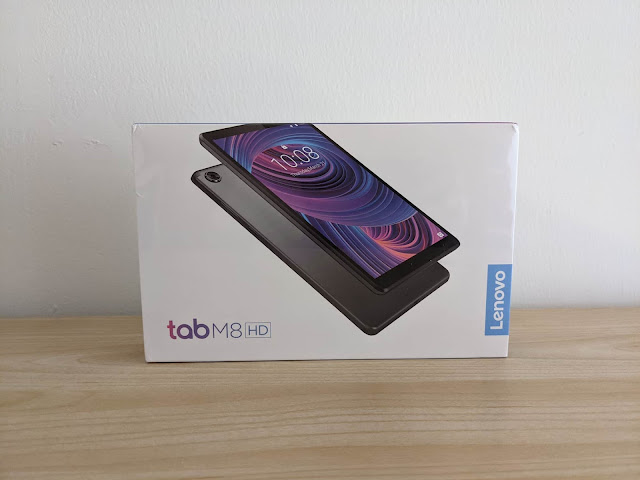There’s More to Linking Sources Than Crediting
The links or references to the original sources of the media, quoted text, or other content shared online are increasingly less common. Not that they ever were much common.
Academia has always had a strong tradition of crediting and referencing and this is what such users have been doing also online since the early days of the Internet and the web. Most of those who still do are in academia or in communities with similar values like bloggers and open-source developers. It’s a lost art, especially as more and more ordinary users come online.
Why take time and effort to link to sources?
The most obvious reason is fairness to the original creators of the content, who deserve recognition for their work. But there’s more to linking than crediting and fairness.
The references to the sources and other metadata are invaluable research tools. They allow to track where ideas originate, how they spread, how influential they are. And they are essential for accessing the original content in its full form and the best available formats such as high-resolution images, complete videos, or the full text and context of quotes. Through the references we can explore the rest of the shared content and find new ideas or overlooked portions.
But the most important reason for always providing the full references and links to the sources is they enable uses we did not anticipate. The lack of sources makes all this unnecessarily difficult or impossible.
Academia has always had a strong tradition of crediting and referencing and this is what such users have been doing also online since the early days of the Internet and the web. Most of those who still do are in academia or in communities with similar values like bloggers and open-source developers. It’s a lost art, especially as more and more ordinary users come online.
Why take time and effort to link to sources?
The most obvious reason is fairness to the original creators of the content, who deserve recognition for their work. But there’s more to linking than crediting and fairness.
The references to the sources and other metadata are invaluable research tools. They allow to track where ideas originate, how they spread, how influential they are. And they are essential for accessing the original content in its full form and the best available formats such as high-resolution images, complete videos, or the full text and context of quotes. Through the references we can explore the rest of the shared content and find new ideas or overlooked portions.
But the most important reason for always providing the full references and links to the sources is they enable uses we did not anticipate. The lack of sources makes all this unnecessarily difficult or impossible.


